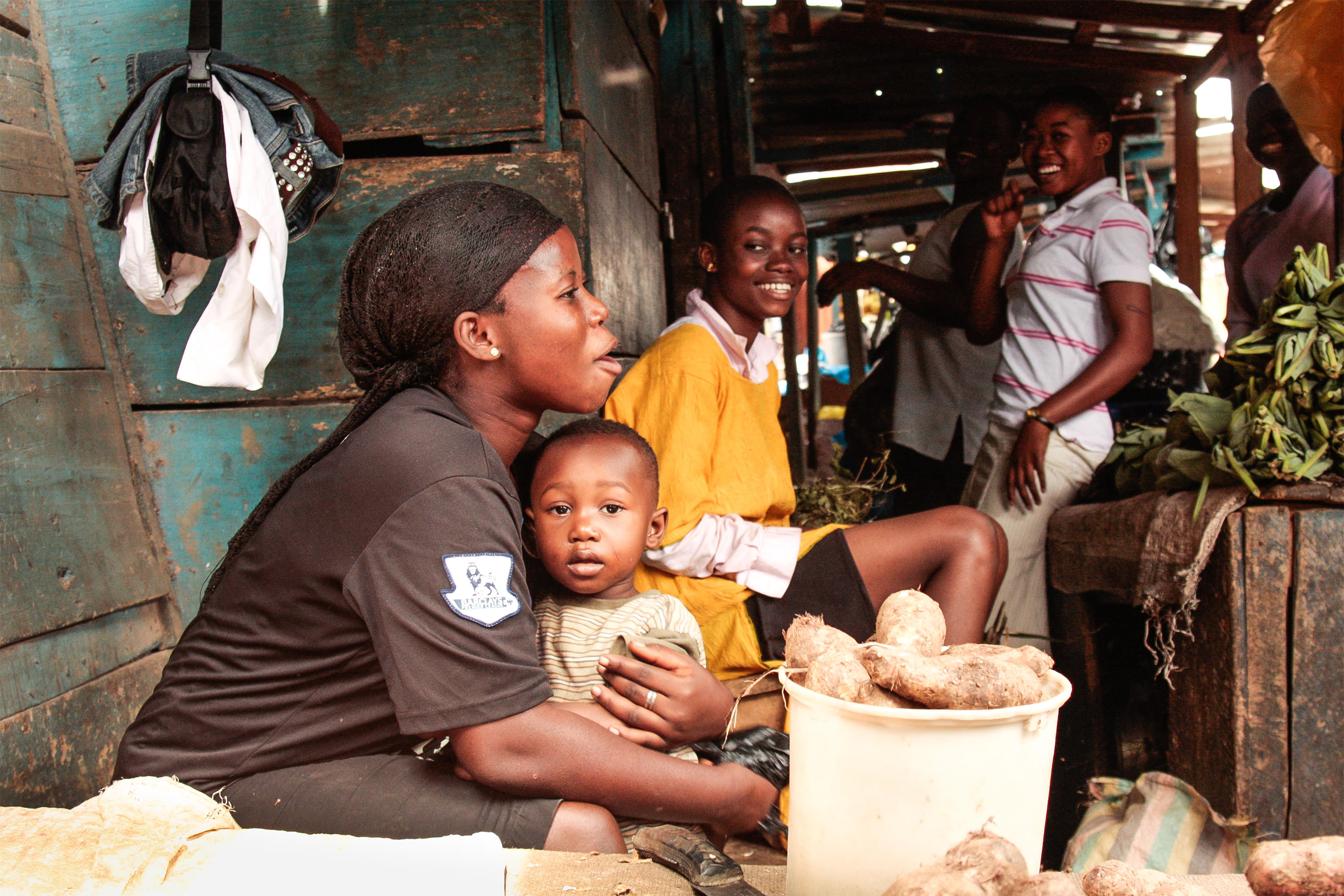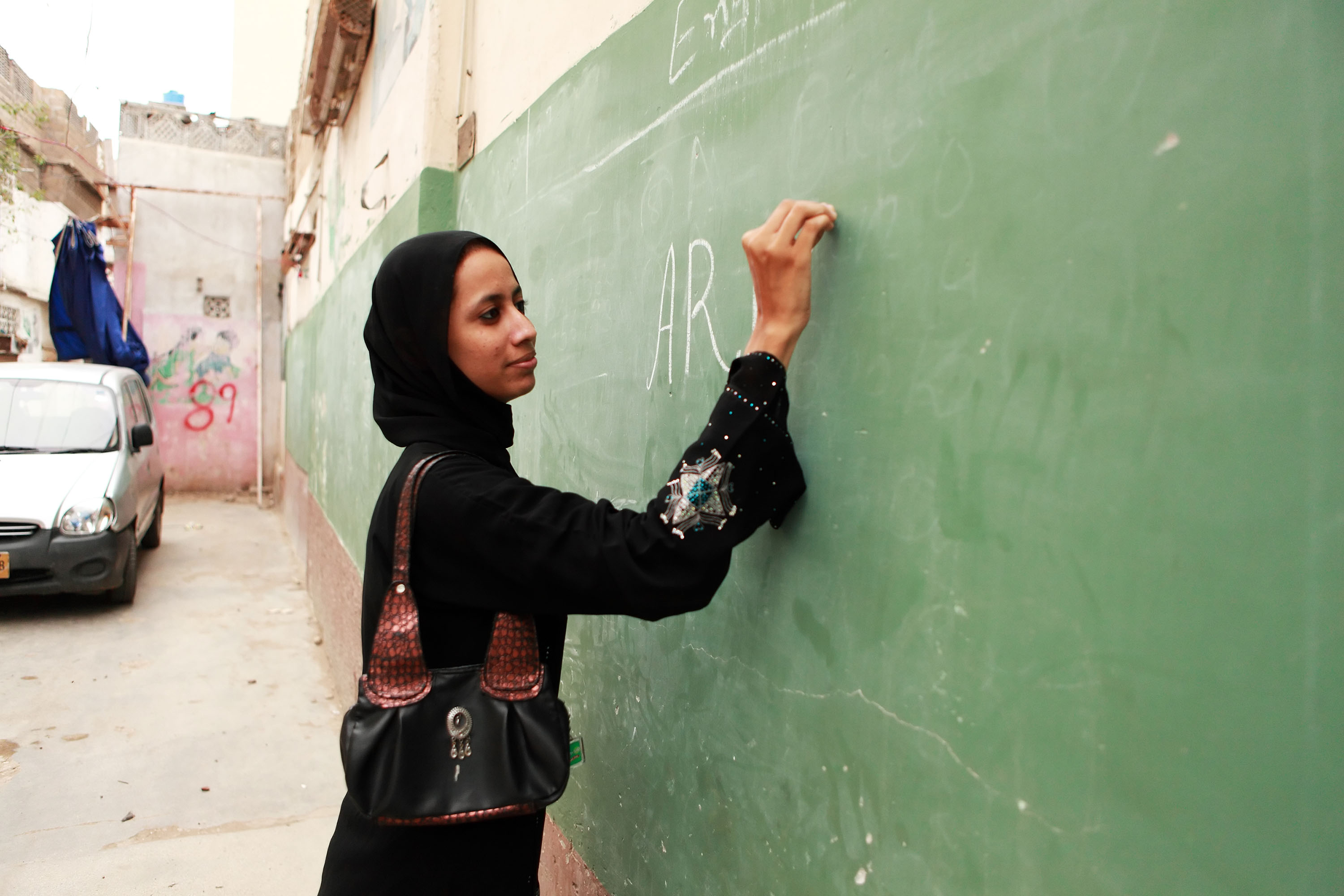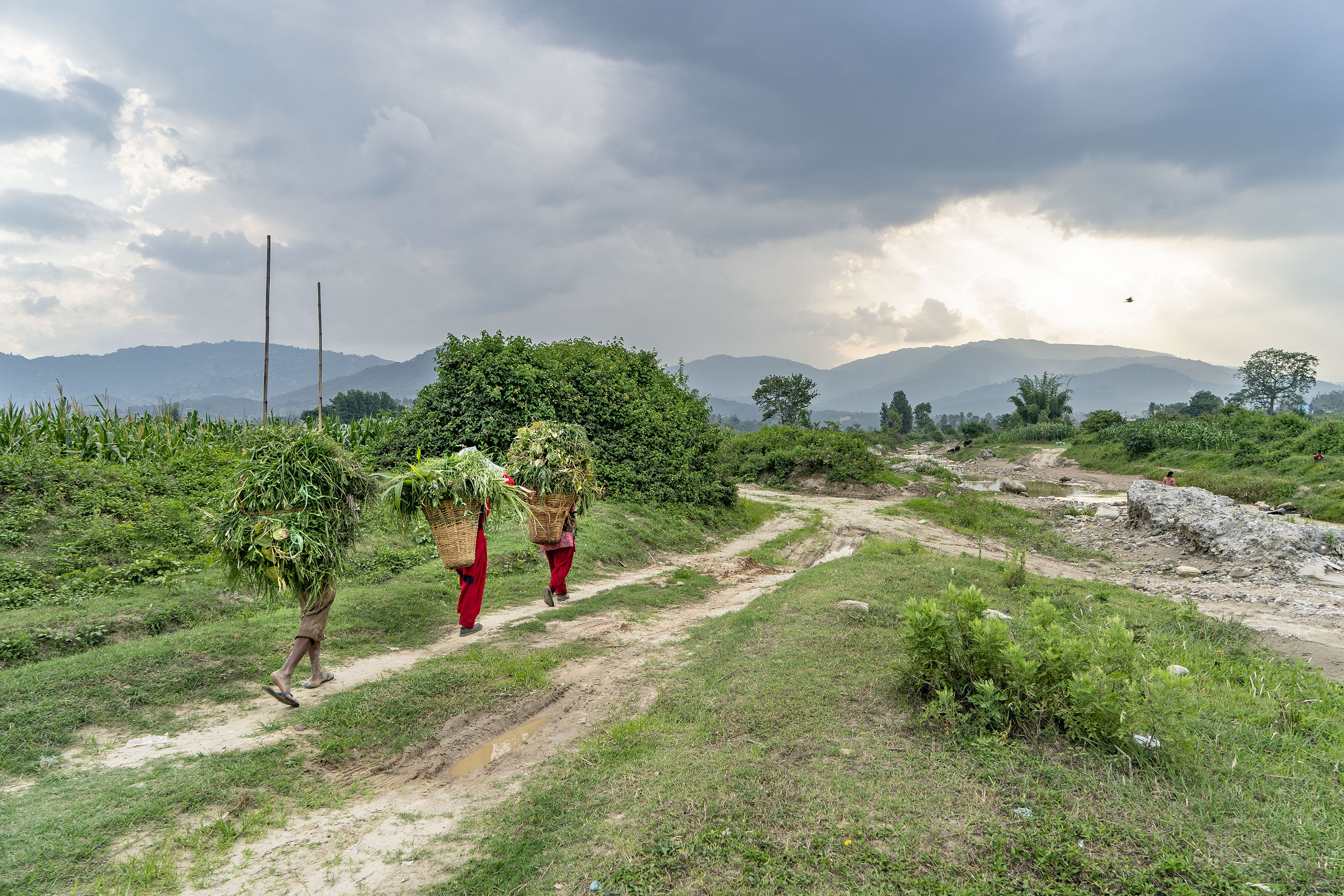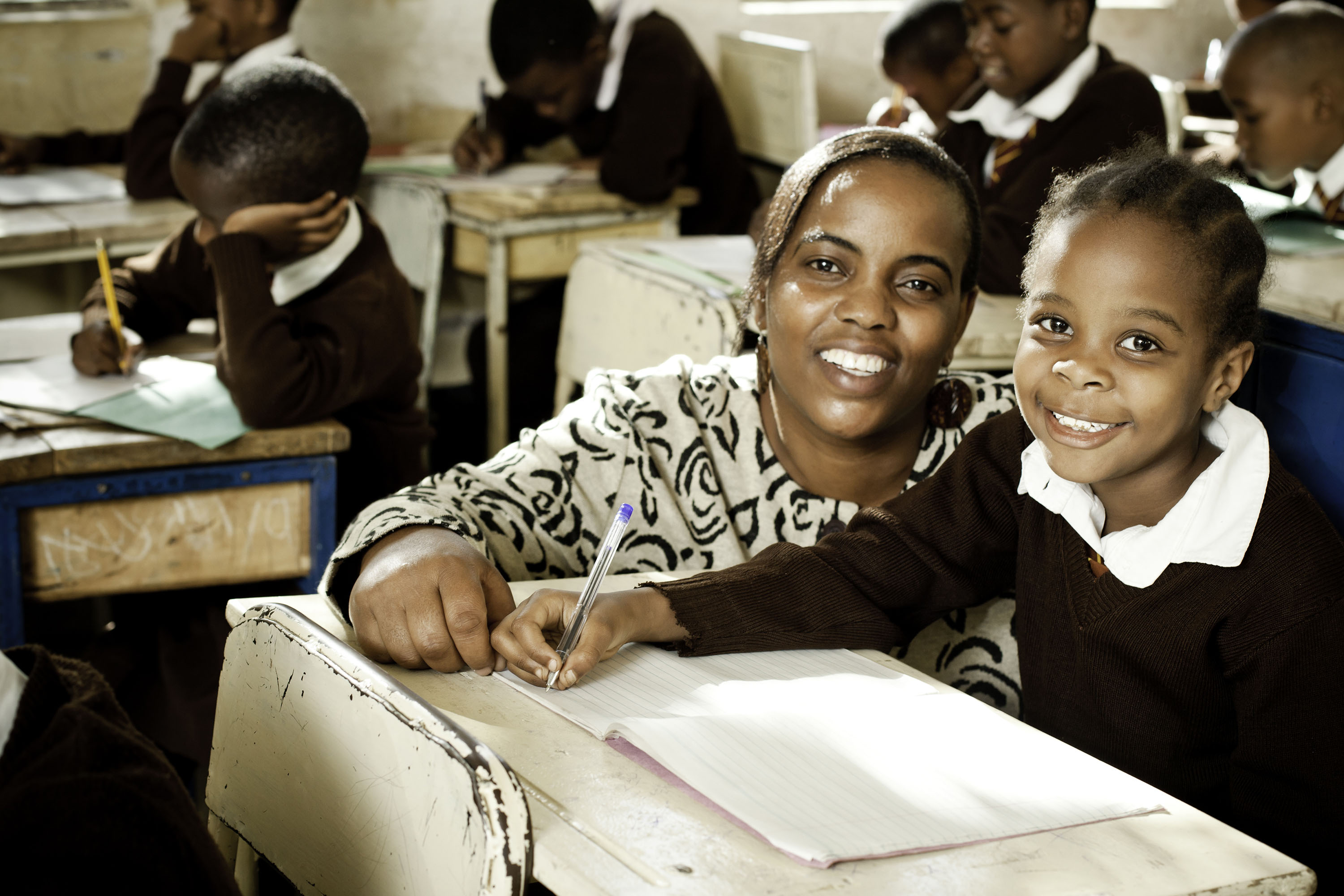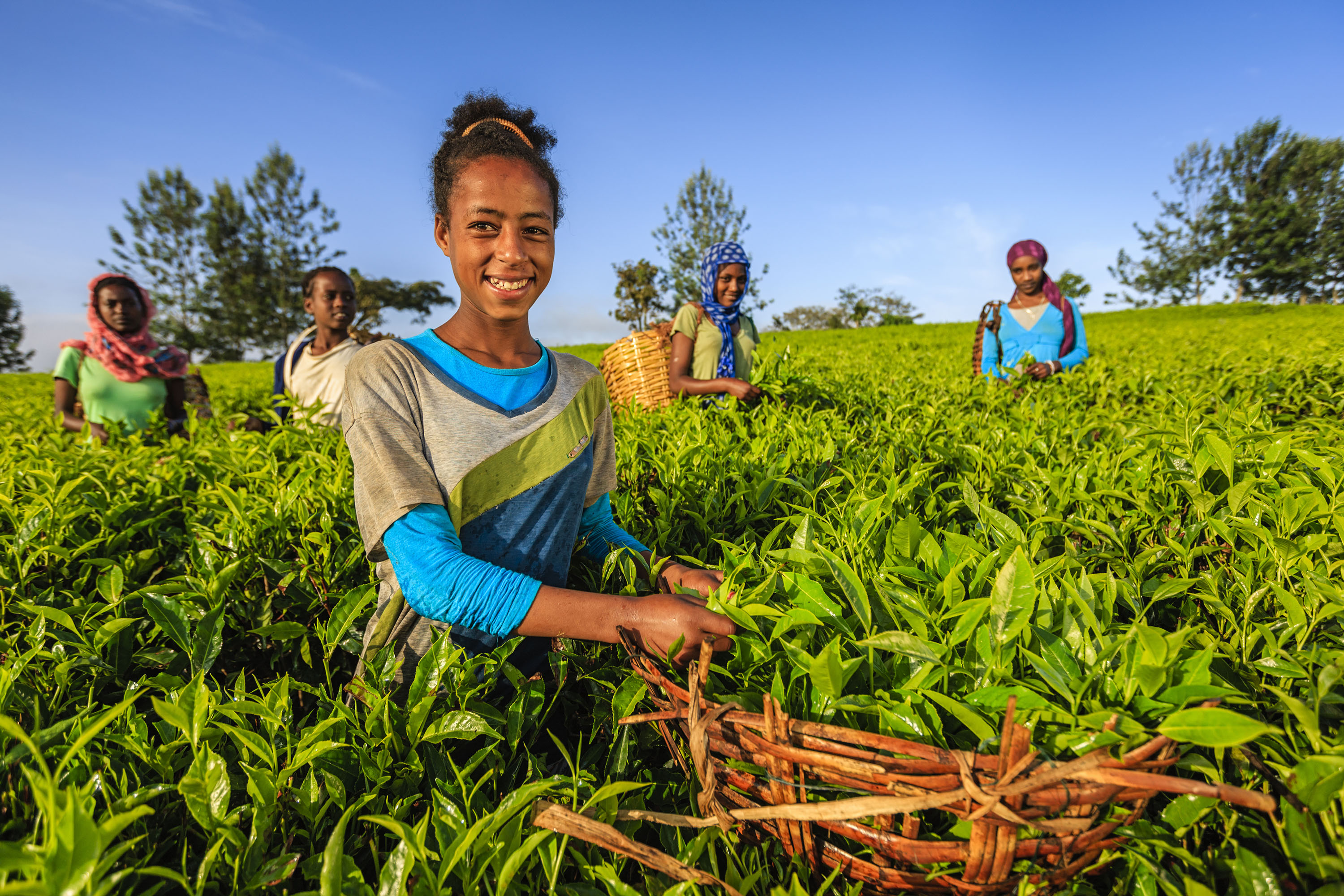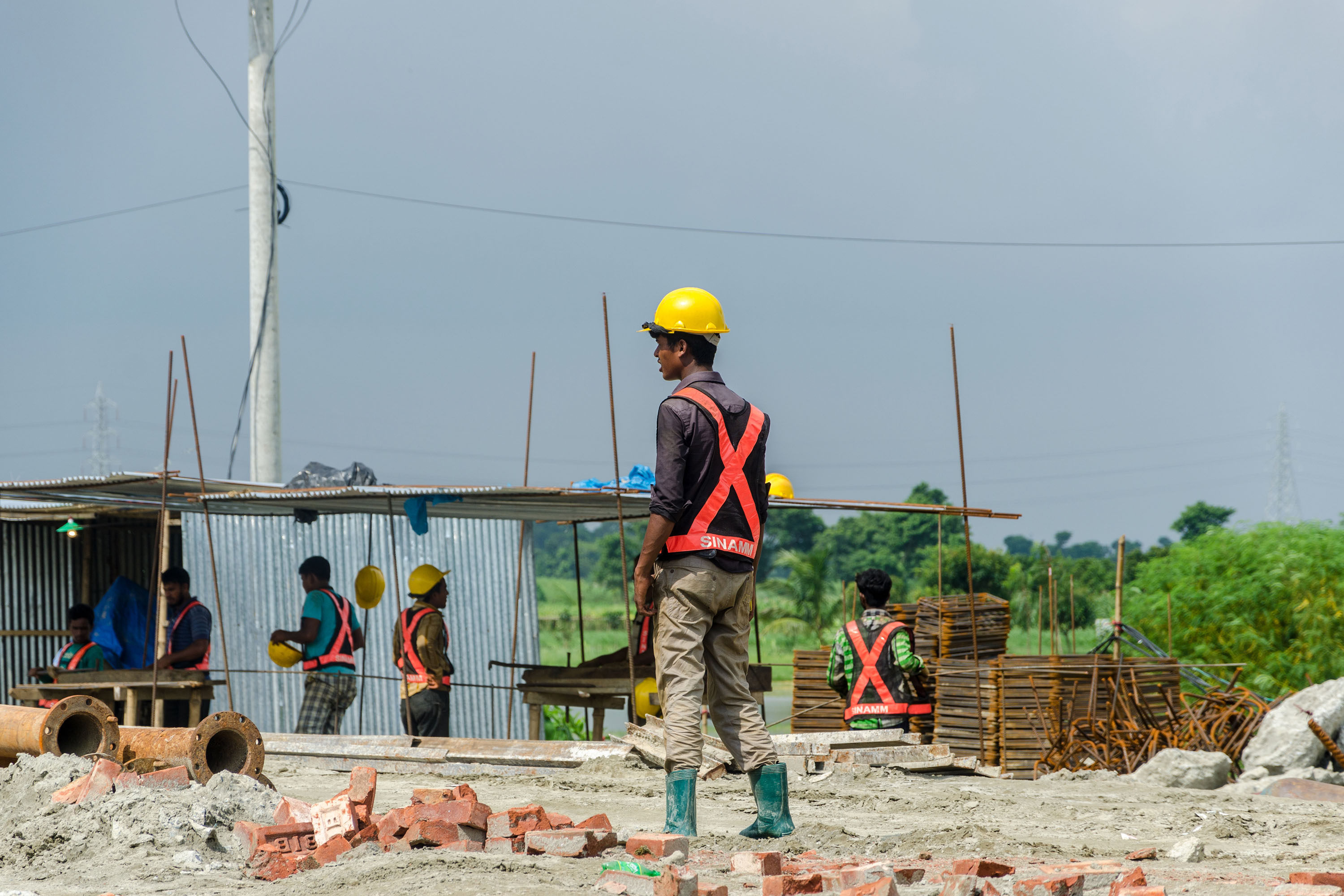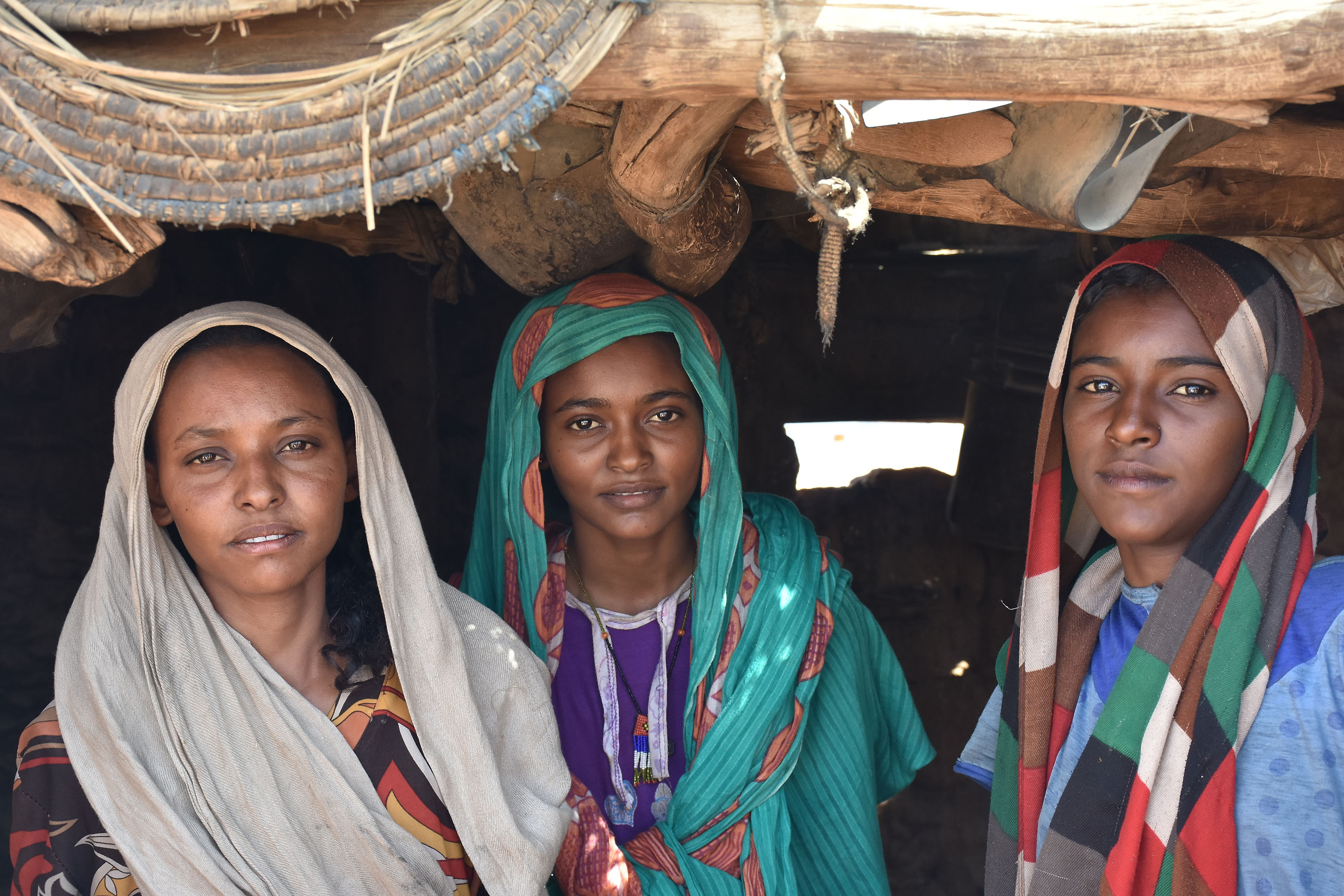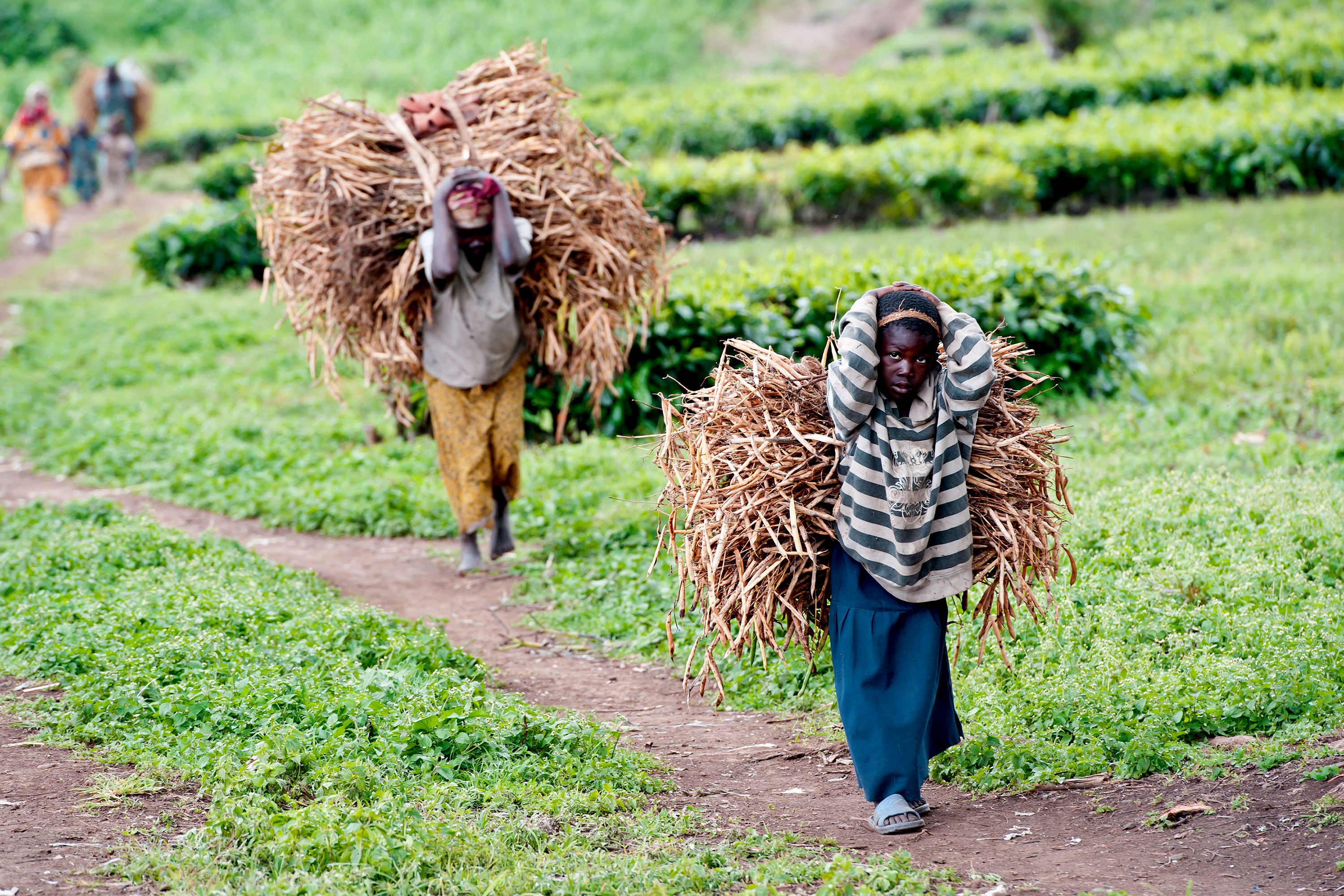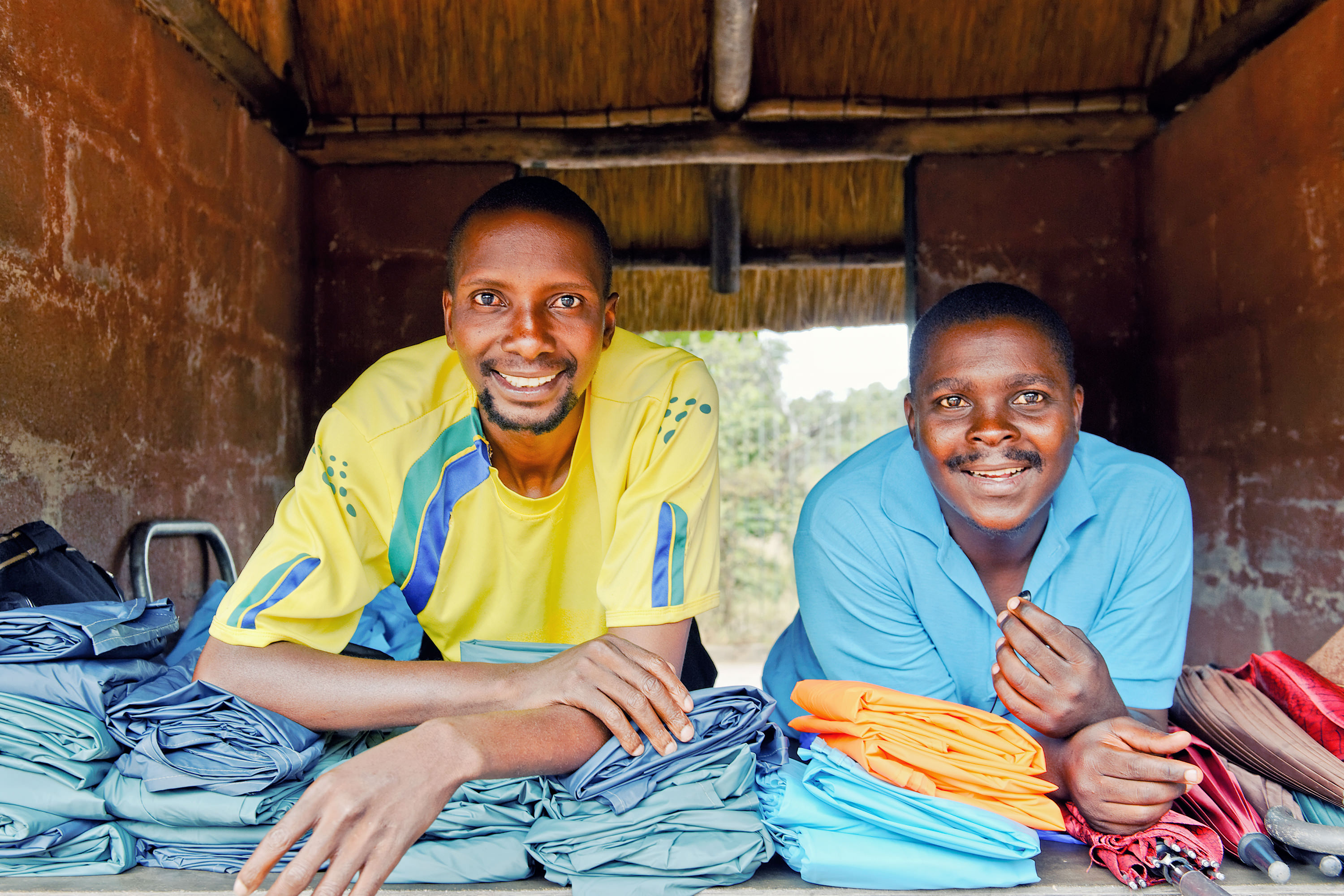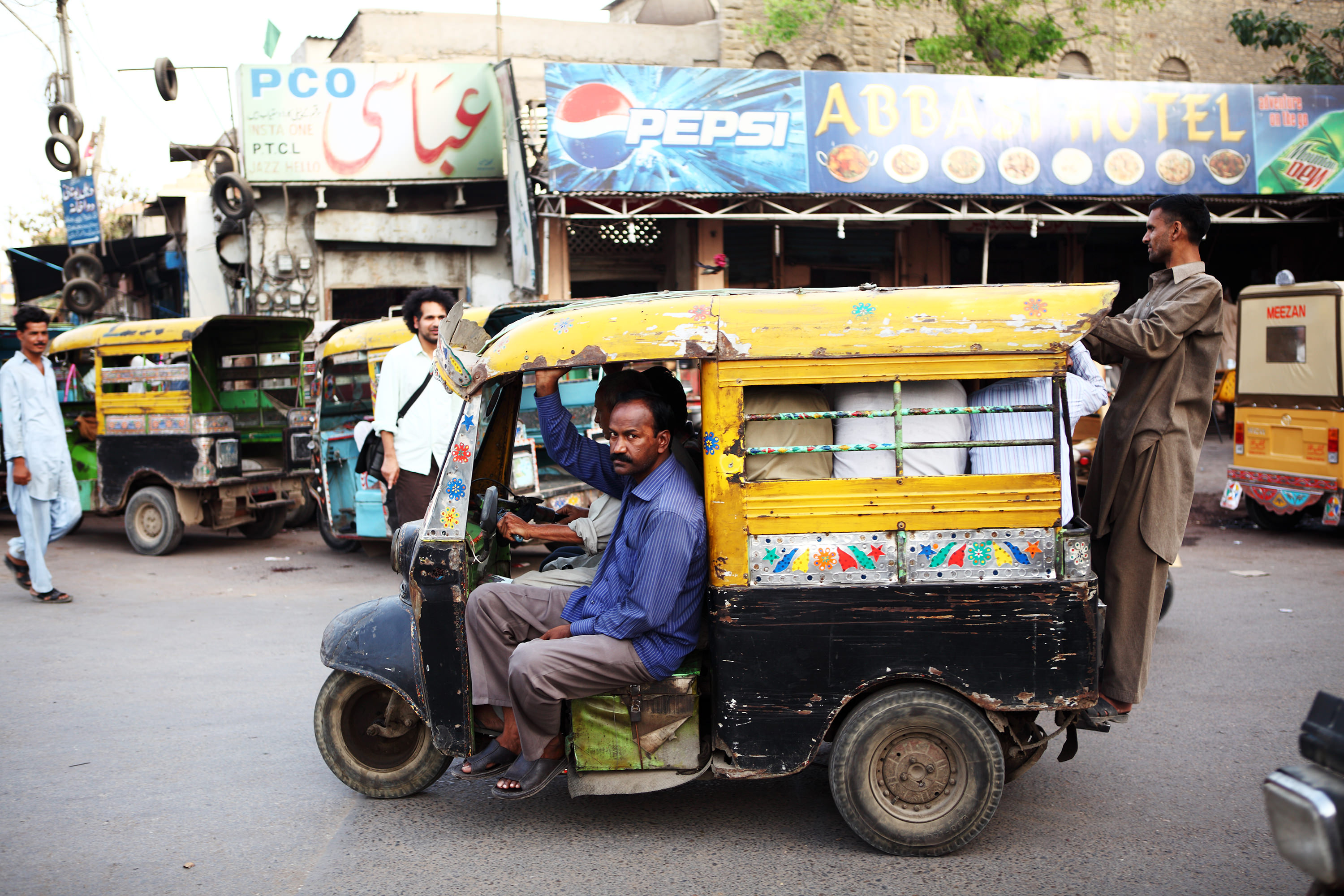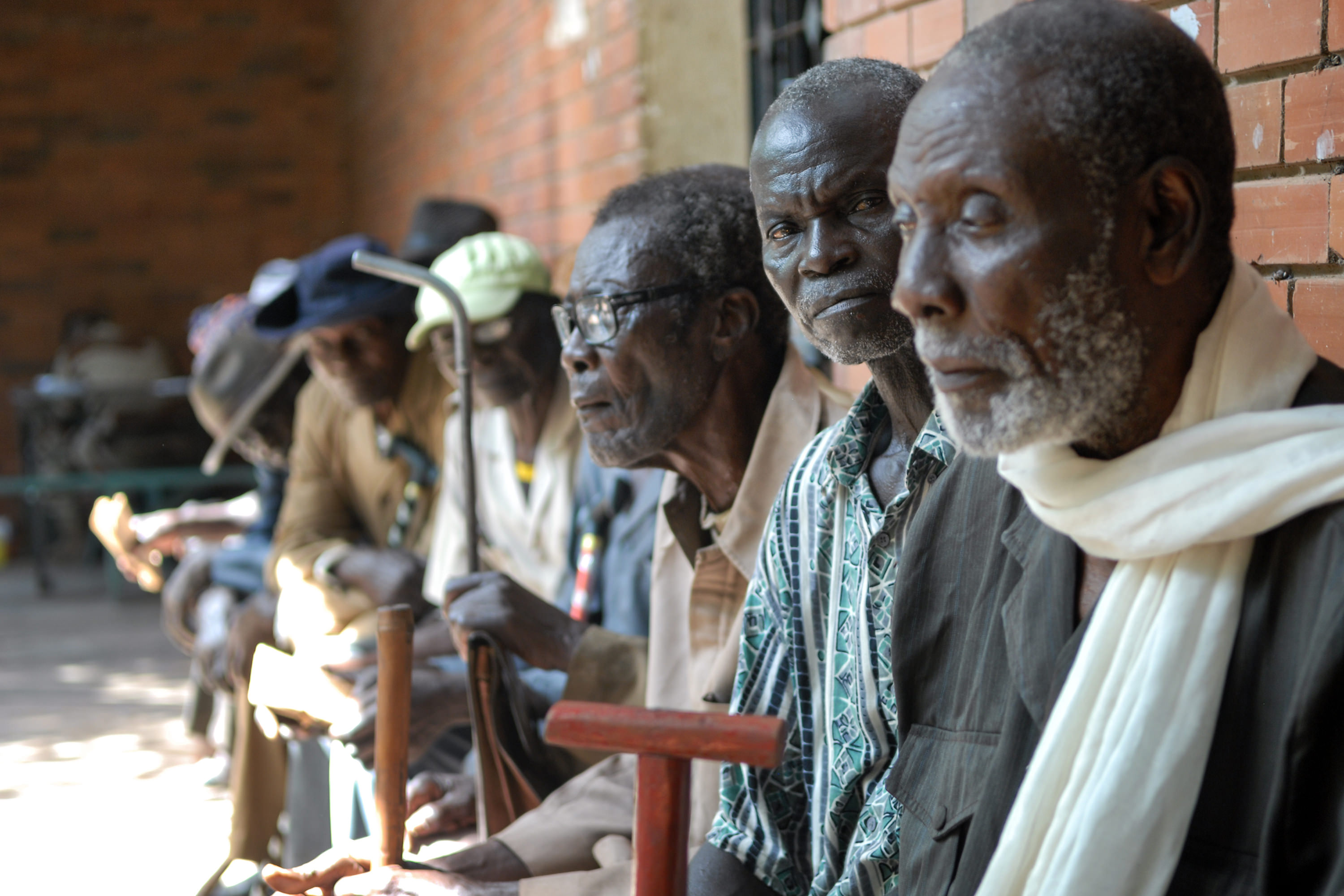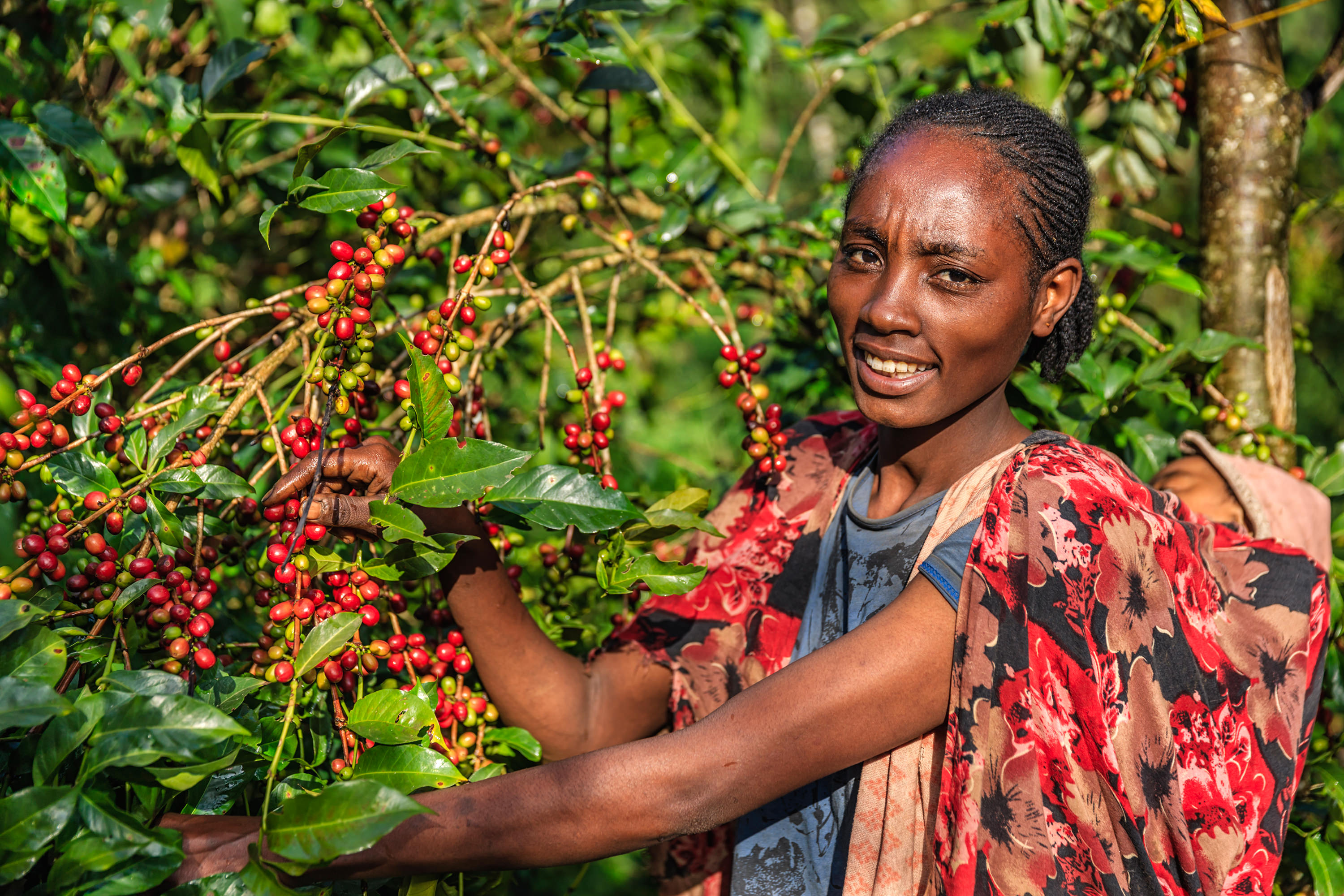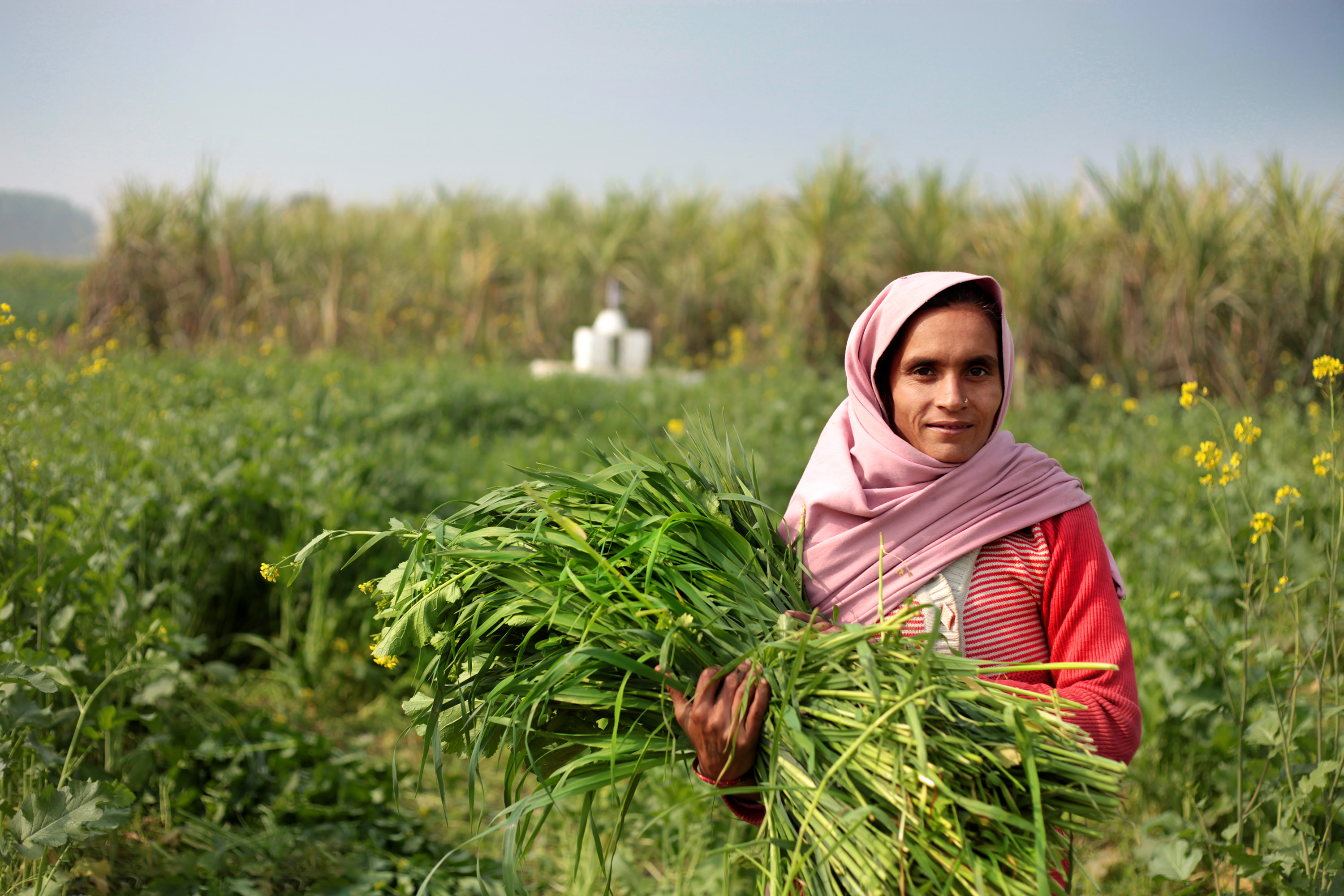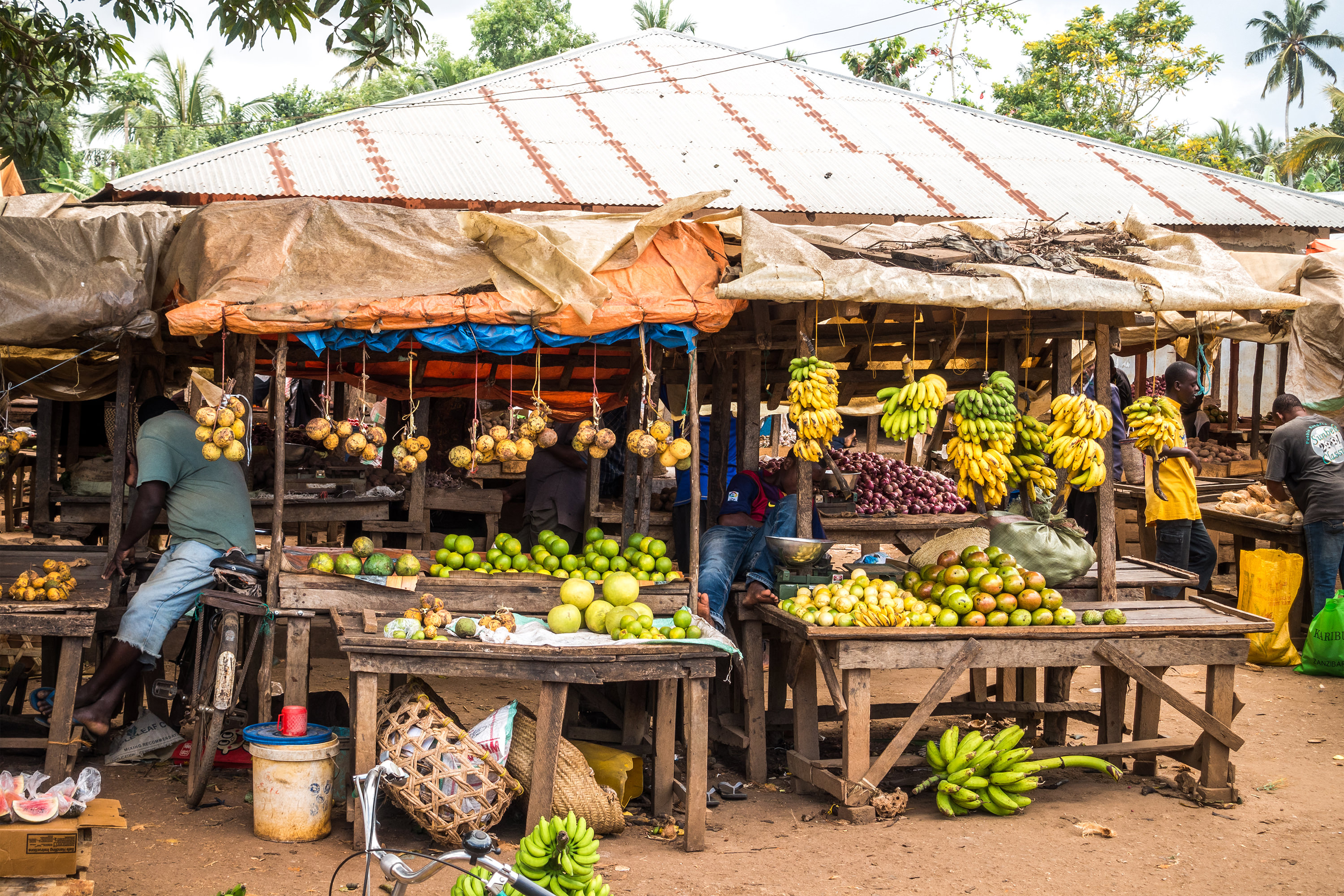For Policy Makers
This is a dedicated space designed to provide policymakers with the latest insights and evidence-based research on growth, gender, and labor markets in low-income countries. Here, you will find our comprehensive Policy Brief series, Synthesis Paper series, and other relevant publications that distill complex research findings into actionable insights for policy development. Additionally, this section features information on key events that can support your policy-making process. Our goal is to empower you with the knowledge and tools needed to drive impactful and sustainable economic development.
Publications

Childcare, labor supply, and business development
Experimental Evidence from Uganda
By Haroon Bhorat and Hillary Johnson
Read moreGender, Jobs and Poverty
An Agenda for Research and Policy
By Edward Miguel
Read moreMigration and Globalization
What's in it for Developing Countries?
By Reiner Zufall
Read moreEvidence Finder
Differential earnings, household division of labour and Fertility Choices: An Application of the “Doing Gender” Hypothesis in Ghana
The project aims to examine the evidence for the “Doing Gender” hypothesis in Ghana. We examine whether greater earnings by Ghanaian women is associated with increased household bargaining power, proxied by the division of housework between a...
Overcoming Constraints to Female Labor Force Entry
We propose a randomised controlled trial to test the impact of two low-cost interventions to overcome psychological and information constraints to female labor force participation (FLFP). Our research questions are, does (i) motivating female...
Seasonal Migration and Agricultural Labor Markets in Nepal
In rural agrarian economies, the period between planting and harvest is often a “lean season” when labor demand and wages fall, and the price of staples rise. The landless poor reliant on agricultural work on others’ farms are especially hard...
Entrepreneurship Education and Teacher Training in Rwanda
Youth account for 60% of Africa’s unemployed. In Rwanda, 72% of employed youth work for family firms or are self-employed (African Economic Outlook 2016). These outcomes suggest that schools are failing to develop the skills required to enter...
Relaxing Seasonal Constraints to Improve Labor Productivity
Scaling up with a Private Sector Partner
Despite increased investment and international competition in agriculture, small-scale farming continues to be the most common economic activity in many developing countries. In Zambia, 60% of the population lives in rural areas, where 78% of the...
Urban Density and Labour Markets
Evaluating Slum Redevelopment in Addis Ababa
Many of the world‘s poorest people live and work in dense informal settlements in Africa’s growing megacities. These communities have both positives and negatives. On one side, settlements, often located in central areas, provide workers...
Impacts of Microfranchising on Young Women’s Occupational Choices
Youth underemployment is a major challenge facing developing nations, particularly in Africa (Filmer and Fox 2014). Young people are more likely to be unemployed than older adults (Kluve et al. 2016). In low-income countries, unemployment figures...
Training, Financing, and Matching between Workers and Firms
Evidence from Bangladesh
Small and Medium Enterprises (SMEs) play an important role in income and employment generation in local economies, and SMEs account for a large share of businesses in low and income countries (LMICs). SMEs in LMICs are concentrated in activities...
A Labour Markets Research Agenda through a Job Search Platform
Labour markets in low-income countries experience many frictions that impair efficient firm-worker matching (Behrman, 1999). Information frictions can hinder firms’ attempts to observe workers’ skills and productivity (Abel et al., 2016;...
Advancing Data Capacity for Policy Innovation in Sudan
Labor Market Panel Survey 2019
The objective of the Sudan Labor Market Panel Survey (SLMPS) 2019 is to facilitate better understandings of labor market dynamics and outcomes in Sudan. Our goal with the SLMPS 2019 is to collect high-quality and reliable data sufficient for...
Are Labor Costs in Africa too High?
An Empirical Investigation
High labor costs appear to be a factor that undermines the creation of low-skill jobs in formal manufacturing firms at a large scale in several African countries. First, there exists a small number of formal manufacturing firms in Africa. These...
Measuring Labour in Farm Households in Africa
In low-income countries, work in household owned and managed farms account for a large share of the labour force. Yet, to date, there is very little research on the approaches to measuring farm labour. Typically most measurements of farm labour...
Modelling Labour Markets in LICs with Imperfect Data
Despite the centrality of the labour market to the questions of poverty and inequality, African labour markets are not well understood and significant research gaps exist. These gaps have important implications: they weaken the ability of...
Wage Compression in Low Income Labour Markets
Do relative pay comparisons matter for worker behaviour? A long tradition in economic thought – as well as in psychology, sociology, and human resource management – has advanced the notion that individuals care about not only their own pay, but...
The Urban Geography of Entrepeneurship and Growth in India
Rapid urbanisation is a major phenomenon in many developing countries. Cities are the engines of economic development; however, little is known about what determines the success of cities in developing countries, nor about the factors that shape the...
Promoting Migrant Remittances using Mobile Banking
Evidence from a Field Experiment
Recent research has shown that migrant remittances are extremely important sources of funding for developing countries, as they are generally large in magnitude and stable in times of macroeconomic volatility. But there is still much to be learned...
Asymmetric Information on the Skills of Workers and Matching in the Labour Market
Evidence from Uganda
Youth unemployment is a serious issue in developing countries, where around 60% of young people are currently unemployed or underemployed [ILO 2013]. Understanding the determinants of youth employment in LICs is thus highly policy relevant, not just...
Matched Employee-Employer Panel-Data for Labour Market Analysis in Zimbabwe
Zimbabwe is a low-income economy emerging from a decade long economic crisis. The crisis had a profound impact on production, employment and human development. The policy challenges to growth and recovery are severe and will require rigorous...
Women’s Access to Public Transport and Labour Force Participation
This project focuses on the labour market entry situation for women in Pakistan. Social norms against women coming into close contact with unrelated men and the discomfort social stigma and threat of possible harassment when they do so, restricts...
Social Insurance and Labour Market Outcomes in Ethiopia
The project focuses on the labour market conditions in Ethiopia. Within the project it is important to examine the effects of labour market conditions. State Institution programmes which are properly enforced like the recent pension reform in...
Fairtrade, Labour Markets and Women’s Economic Empowerment in Ethiopia
Fairtrade has spread under the promise that it has the power to lift poor smallholder farmers out of poverty by providing them with technical assistance, credit, and better prices for their crops. Fairtrade is also viewed as a niche market for high...
The Formal-Informal Labour Nexus and Growth
The Case of Bangladesh
Although employment in low-income countries (LICs) is strikingly concentrated in the informal sector, the contribution of this sub-economy to the larger economy is not well understood. The traditional view holds that labour markets are segmented;...
Empowering Women through Public Policy
Can Gender Sensitive Policy Reform to a Major Public Works Program Encourage Female Work and Improve Women's Wellbeing?
In 2005, India’s Parliament passed the National Rural Employment Guarantee Act, a landmark in social protection legislation for the country. The Act moved employment into the domain of legally enforceable rights for a population no less than 120...
Labour Markets and Household Enterprises
Evidence from New Nationally Representative Surveys in Five African Countries
It is a general tenet of economic theory that competitive markets, supported by adequate infrastructure and institutions, do a better job of determining prices and allocating resources than do large-scale government planning programmes. In the...
Reducing Extreme Poverty through Skill Training for Industry Job Placement
The Case of RMG in Bangladesh
Bangladesh has been experiencing remarkable growth in the ready-made garments (RMG) industries for the last three decades. It has become an integral and major part of Bangladesh’s economy, which contributes 13 percent of GDP and 75 percent of...
